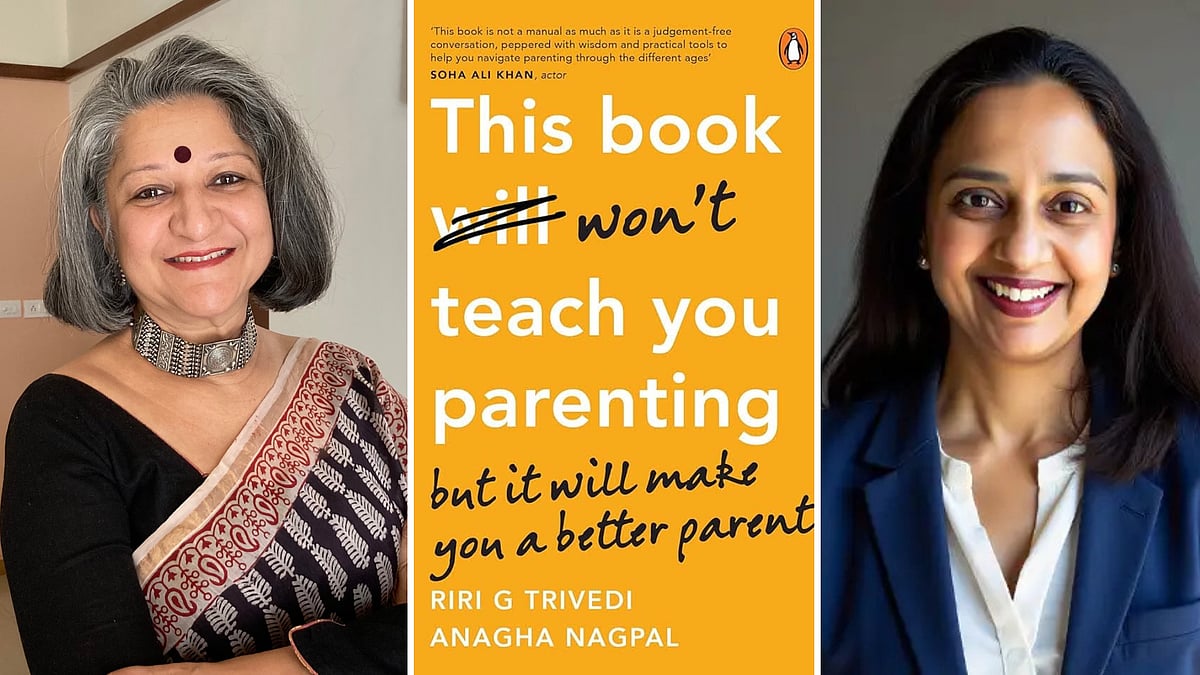Title: “Tagore’s Ideas of a New Women: The Making and Unmaking of Female Subjectivity”.
Edited by Chandrava Chakravarthy and Sneha Kar Chaudhuri
ISBN No: 978-93 81345-16-0(HB)
Published in 2017
Pages: 276
Publisher: Sage Books
Price: Rs 850 (Hard Cover)
Discussions on Tagore’s portrayal is highly relevant for contemporary times. Mrinmoyee from Sampati, Charulata from A Broken Nest, Bimala from Ghaire Bahire, Ela in Chaar Adhyaya to Chitrangadha (to name a few); Tagore’s women challenged the patriarchal notions of 19th century India that are unfortunately in circulation and practice even today. From issues of social injustice against women to his portrayal of educated and urban Indian women fighting for human rights and issues, Tagore women protagonists are depicted as openly expressing their sexuality as well as challenging social evils widow-remarriage, caste system. Yet, Tagore’s views are too complex and often contradictory when it comes to the concerns of the women. Tagore’s conservatism, as well as his progressive views, are explored through his novels, short stories, songs, paintings, dance dramas and adaptations in films. The insights and interrogations of the book helps the reader to revisit Tagore’s vision of femininity towards an understanding of values of freedom and self-expression. True to its claim, the book critically examines “…the struggles and dilemmas of female subject formation. It is an intervention that indicates postmodern gender concerns through Tagore’s fictional writings. It indicates the course of growth and change that female subjectivity undergoes through the layers that produce complex subject positions capable of contesting gender discrimination. Divided into five parts, the book interrogates themes of feminine and its relation with nature, spirituality, anti essentialist positions and interrogations into physical domestic spaces possible interface with travel theory.
Examining Tagore’s concerns of gender as beyond essentialism the book examines his ghaire/bahire(private/public) negotiations by women in Tagore’s works. It also examines Shantiniketan Education for girls (that reaped deep interest worldwide), based on the principle of founding a self-governing republic that strives to create a truly emancipated individual and society. This version of moving beyond essentialism is based on Tagore’s subscription to the Upanishadic view of dharmic order that regulates the universe and the self. Thus, a discussion on gender concerns and spirituality is essential to understanding Tagore’s version of new women. Adequate discussion on gender, nature and spirituality with focus on works like Bhanusingha Thankurer Padavali and Chandalika provides an interesting read of Tagore’s version of femininity and spirituality. In exploring his relationship with the Vaishnava literary tradition, Tagore’s poems delve into a spiritual imagination of romantic love for the Divine. While sometimes God is depicted as a limitless persona revered with awe and admiration, equally powerful is the emotional imagination of god as the lover whose proximity is felt with feminine erotic fervor. The articles highlight that though this has nothing to do with biological gender, Tagore’s selection of female persona as an embodiment of spiritual quest is a subject worthy of contemplation. The book also presents an interesting interrogation of nature/culture divide in Tagore’s works.
Rightly the book them steers towards a discussion of the realm of domesticity in Tagore’s works. Considering the vibrant debates surrounding the discourse on the ethics of care, the section on domesticity provides interesting insights into a complex Tagore, both as an artist and as a family person. Several of his works link physical and mental spaces in lives of female protagonists. The essays explain Tagore’s effort to explain a subversive excavation of inner life into an imagined external space where boundaries of self and distinction between inside and outside are merged. Through re-readings of works like Stree Patra, letters written in inner spaces (in the context of 19th century Bengal) are examined as a medium by which female self-expression, freedom and self-autonomy get articulated. Tagore’s views on patriarchal domination and his resistance to it as a thinker is also presented through an analysis of notions of selfhood and agency. His works tread into a deeply complicated area of interrogating women that refuse to be victimized by sexual politics. The essays provide a nuanced reading of the seduced women doomed by the deception inherent in love to women struggling between their experiential bodies and constructed notions of widowhood (in the context of colonial Bengal). They explain Tagore’s protest against fixed gender pathologies, relationship with nationalism and denial of woman’s agencies. On a critical note, explores the underscoring of the possibility of interface of travel theory and gender discourses in Tagore’s travelogues. It also explains the sidelining of simultaneous voice of the emergent travel writing by women in Bengal. The last section interrogates the visualization and performance of his version of femininity in his paintings, dramatization, music, and adaptations in cinema.
The book is a compilation of very nuanced essays written by experts in the field and promises to offer a trajectory of movement in Tagore’s sensibilities as well as its reception (in contemporary times) relevant to the field of cultural theory, aesthetics and philosophy. The same are investigated through the lens of Tagore’s gender concerns and though it’s engagement is academic, the book will interest anyone concerned with questions of social justice and rights.









